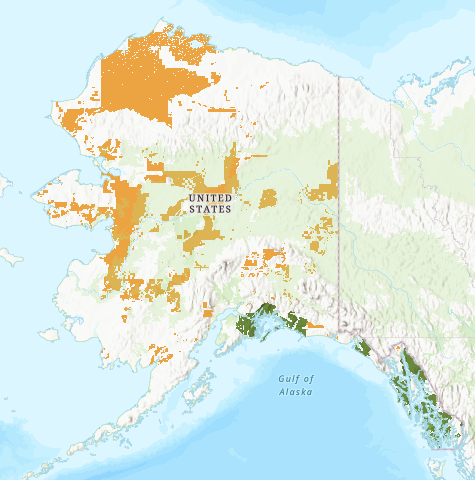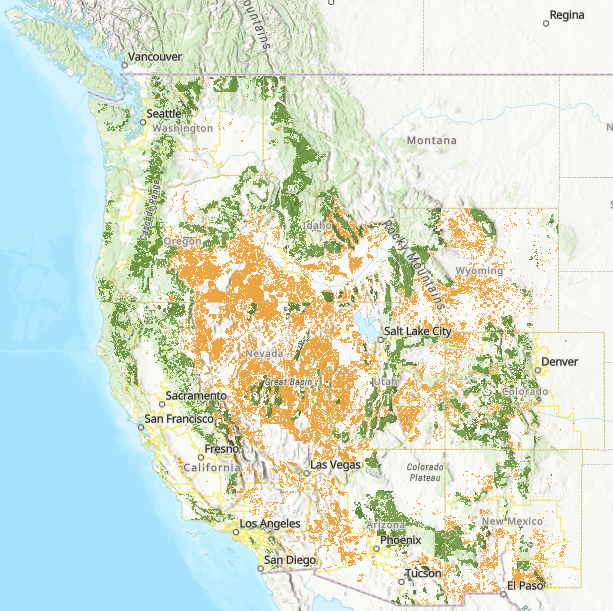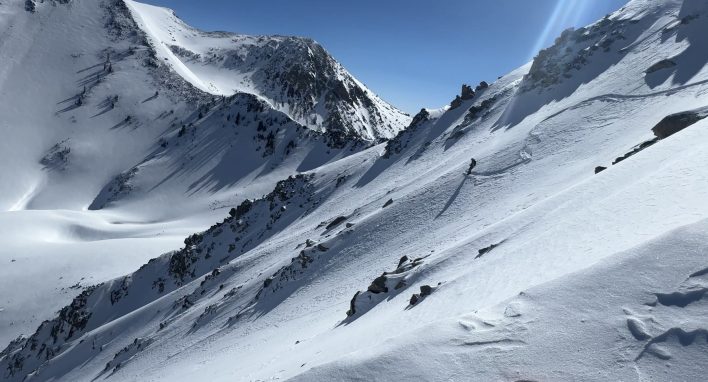
An amendment to sell off public lands was recently reintroduced by Sen. Mike Lee (R-Utah) after it had been removed from the Big Beautiful Bill—also known as H.R. 1—prior to the bill’s passage by the House of Representatives on May 22. If passed by the Senate, the amendment would allow for the sale of 0.5 to 0.75% of the U.S. Forest Service and Bureau of Land Management land—roughly 2.2 to 3.3 million acres—across 11 Western states, to add housing and infrastructure. President Donald Trump has said he wants to sign the bill by July 4.
The House amendment was removed after strong opposition from conservation groups and outdoor advocates. Lee’s amendment has broadened the scope by not targeting specific parcels, but requiring The U.S. Department of the Interior and Agriculture to identify and list eligible lands—excluding national parks, monuments, wild rivers, grazing/mining-leased or right-of-way lands. If passed, the bill would require federal agencies to prioritize lands near existing development or infrastructure. While this process might sound technical, these designations determine whether public lands stay open for recreation or get sold off for roads, housing or commercial development.
Supporters—including Lee and conservative advocacy group Heritage Action for America—argue this opens up “underused” land for needed housing and local development while raising between $5 and $10 billion of projected income. Lee frames it as restoring local control, saying, “Washington has proven time and again it can’t manage this land. This bill puts it in better hands.”


New Mexico Sen. Martin Heinrich has labeled it a “fire sale,” saying the amendment threatens public access, wildlife habitat, recreation and local economies. He also questioned the housing rationale behind the proposal.
“I don’t think it’s clear that we would even get substantial housing as a result of this,” Heinrich said. “What I know would happen is people would lose access to places they know and care about and that drive our Western economies.” For communities that rely on these landscapes for work, play and identity, this loss would be hard to measure and even harder to reverse.
In Lee’s home state of Utah, pushback from local conservation groups has been swift. Jack Stauss, the incoming Executive Director for Save Our Canyons, a non-profit organization focused on protecting the beauty and wildness of Utah’s Wasatch Range, echoed Heinrich’s sentiment, calling the supposed economic boost from selling public land “a Trojan Horse.”
“Here in the Wasatch, there are no places in these landscapes that makes sense to have affordable housing,” Stauss told Backcountry Magazine in and interview. “However, there are several pieces [that could be] up for sale that are really important for the sake of backcountry recreation, dispersed recreation, ecosystem services and watershed, as well as just general wildness in the range.”
“Industrial development has their eye on these lands which would shut off access and further degrade the mountain range,” Stauss continued. Once developed, recreational and wild landscapes may be gone for good.

The Senate is expected to include the land-sale measure into Lee’s Energy and Natural Resources package. But before it can move forward, it must pass a budget review process and is likely to face strong opposition in both the House and Senate. Representatives including Ryan Zinke, Mike Simpson, Troy Downing and Gabe Vasquez have all voiced strong opposition to the public-lands sale provisions, and they are actively working to keep these measures out of the final legislation. Public-lands advocates are also pushing back, arguing that what sounds like policy fine print could make big changes and reshape how we all access, protect and experience the public lands that define life in the West.
Keep an eye out on the updates, speak up, and let your reps know: public lands only stay public if we show up to defend them. To make your voice heard, use Winter Wildland Alliance’s form to connect with your representatives, or find their contact details directly through the Senate and House directories.










Public lands belong in public hands.
have new land rush for poor American citizens
Public lands belong to the public. They should not be up for sale and it is one of the most valuable assets of this country. It brings in tourism and it creates health and vibrancy for this country long-term. To destroy public lands is destroy part of not only our history and our legacy, but also access that millions of Americans have to healthy outdoor activities including hunting, recreation, and exercise. I see this as stealing from the American public and putting money into hands of the already wealthy while destroying something that is more valuable if left protected.